Radio Africa Group has won an Artificial Intelligence Project Proposal Competition held by WAN-IFRA Women In News.
The project dubbed ‘The WAN-IFRA Women in News Digital ABCs capacity building programme ‘Age of AI in the Newsroom" ran from May to June 2024.
Radio Africa Group which boasts seven radio stations and The Star Newspaper came first after beating global competitors.
Head of Electronic News Susan Kimachia, Deputy Digital Editor Nancy Agutu and Chief Subeditor Josephine Mayuya represented Radio Africa Group in the competition.
Media houses from Arab, South East Asia and Africa Region which are partner organisations of WIN took part in the competition.
South East Asia Director and project lead of the programme Khin Thandar on Friday, June 28, said winners would travel to Switzerland in October.
“Congratulations to everyone for coming this far. We will be reaching out to Winners to identify who is going to attend the Editor Summit in Zurich in October,” she said in her message.
In their project dubbed ‘Lifting the burden in Newsrooms: Technology-powered faster and efficient journalism,’ the Radio Africa team looked at how AI tools can be employed in the course of content generation from Digital, radio to printing and finally to reading adverts in the newsroom.
Radio Africa Group came in number one in Africa alongside AB Communications in Zimbabwe.
Other Winners included; The Sunstar and Bulatlat in South East Asia, AL Mamlaka and AL Araby AL Jadeed from the Arab region.
The course architect, trainer and instructor was Lyndsey Jones.
Jones is a former executive editor of the Financial Times.
She is the author of ‘Going Digital: What it takes for smoother transformations’, named as one of the best business books in 2022 by the FT.
“Please look out for further emails in July. Wish you all a great and restful weekend ahead. This has been a wonderful journey and thank you so much for all your effort. We will see you again soon,” Thandar said.
The project attracted more than 100 participants globally who were eyeing the prize.
It had a total of 40 Media Organisations.
Head of Content Paul Ilado said he was deeply proud of the work that his team members did.
“I am deeply proud of the immense work my team has put in to emerge victorious in the Artificial Intelligence project proposal," he said.
"As a company, we are delighted that our digital innovations are focusing on the needs and wants of our readers and listeners. Congratulations to Susan, Nancy and Josephine. You have made us proud.”
Radio Africa’s Group Digital Editor Francis Mureithi congratulated the team saying he was proud of what the team had done.
“It's a clear demonstration that we are the home of digital innovations and always ahead of the rest when it comes to audience needs and how technology including AI can help meet these needs without compromising our journalistic standards and ethics," Mureithi said.
The Age of AI, or Module E of the WAN-IFRA Women in News Digital ABCs series was an interactive 8-week programme to impart the foundations and implications around generative AI on the news media industry while facilitating peer exchange and networking between WAN-IFRA WIN media partners.
It was delivered through five sequential lessons which culminated in a final assignment.
Participants will walk through the newsroom and operation applications of the new technology alongside the ethics of adopting the rapidly changing technology.
Each lesson was accompanied by an assignment whose completion would guarantee progress to the next lesson.
The course content and live interactions were through webinars and were delivered in English, Arabic and Bahasa.
There was a total of 5 assignments and the total approximate time investment required by participants is 1-2 hours per week for 9 weeks, including assignments.


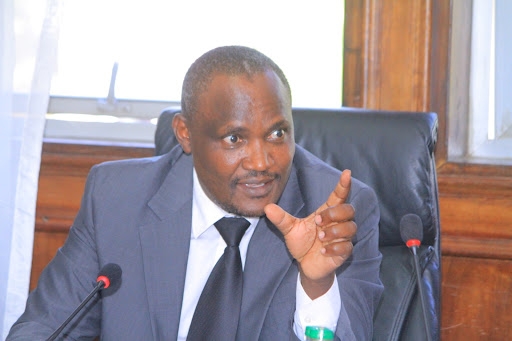


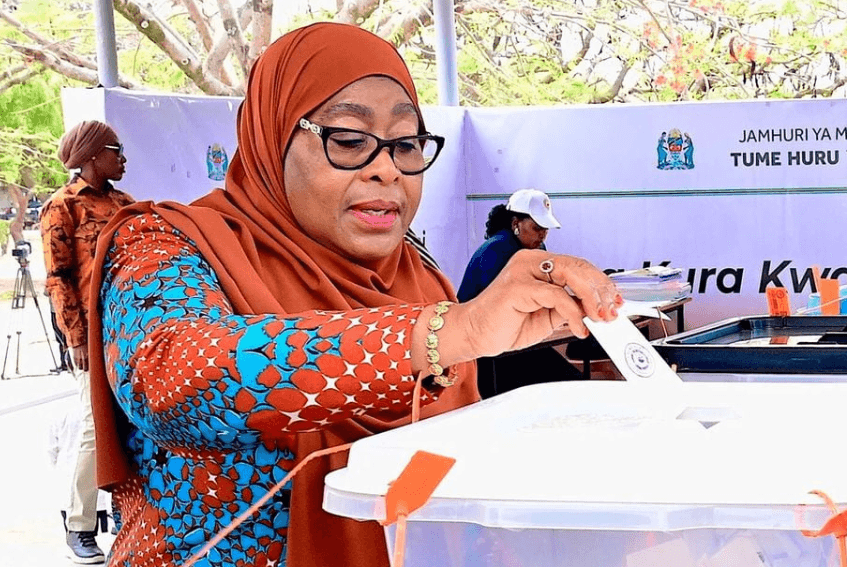
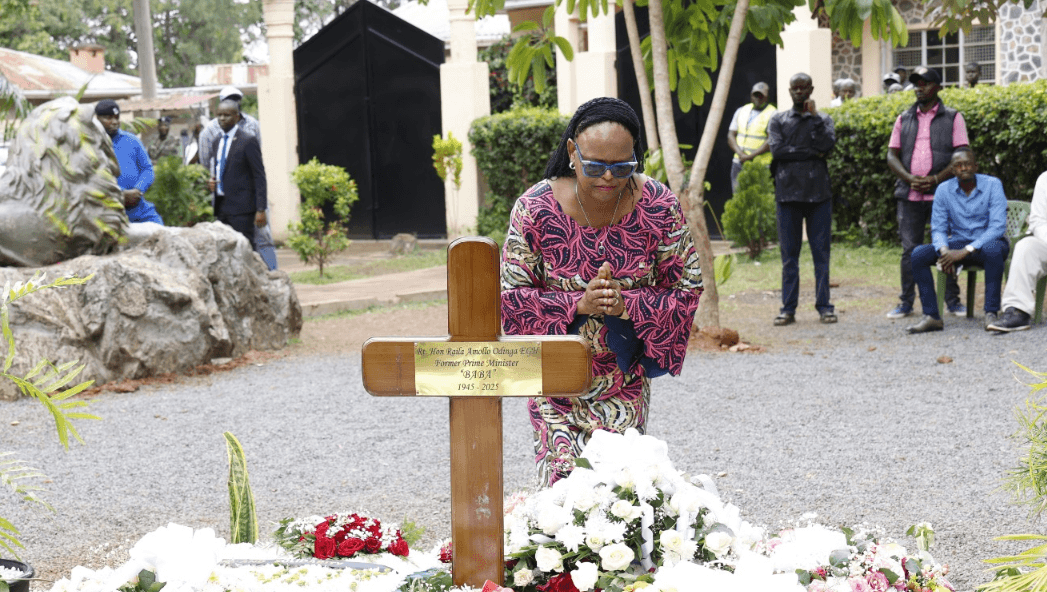
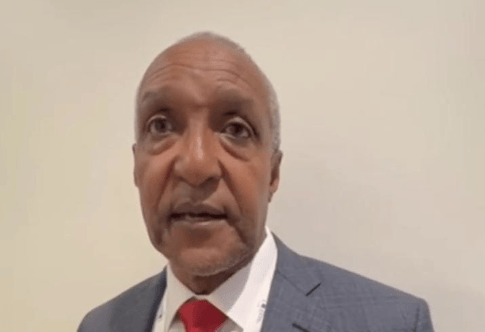
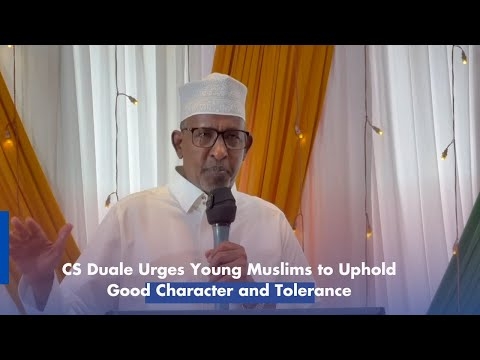

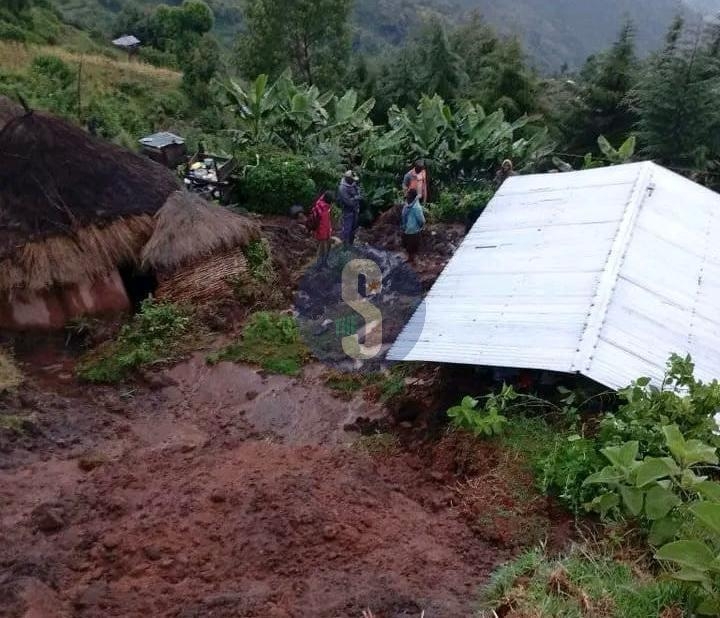
![[PHOTOS] Elgeyo Marakwet landslide victims arrive in Eldoret for care](/_next/image?url=https%3A%2F%2Fcdn.radioafrica.digital%2Fimage%2F2025%2F11%2F425460d9-7ff1-4975-8a1f-cd0aaefb7812.jpg&w=3840&q=100)
